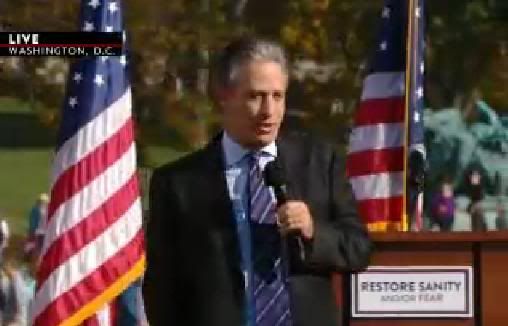I can recommend this very good movie on the life of Padre Pio. It is titled, shockingly,
Padre Pio 
. I saw it in Italian with subtitles, and I must say...it's one of the best treatments of a 'life of a saint' I've seen. It helps based on who he is. But it is generally very difficult to tell a story about someone's interior life in that medium. It just...doesn't translate well. It is also always difficult to represent the supernatural. If someone is hearing voices, do you let the audience hear them too?
This Italian movie handled both very well. The first time we see him having a vision as a child, we see nothing. So, we can hear and guess what is going on, but can't see it. Then, at the very end, we see what he was seeing. So, the movie does accept the supernatural as real as a matter of course. But it does not rely on this. It is really a character study of what he did and who he became, apart from this. It captures his personality very well, relying on many accounts for his dialogue. He was a quite simple person...but one who used his gifts very well. He was not always kind - he had a tendency to make people flee from him in tears, when he did rebuke them

. But at the same time...he was sought out by so many.
As for how the stigmata is handled...it is, of course, real in the movie. But the first time it happens, he basically panics and runs to someone and asks, 'how do I make this go away?' When it comes back later, you can tell that he has come to understand what it is and what he's supposed to do with it a little better. Those three scenes are the only times we see it. Mostly, the movie is not about that, though they do deal with doctors examining him and church authorities discussing what to do with him.
What I liked about the movie was that it showed that while he had an extrordinarily rich spiritual experience of life...that is not what made him a saint. Dealing with angels and demons didn't make him holy. Neither did 'knowing' things about people or being able to perform miracles. It was what he did with it, and how he grew. Padre Pio loved his mother. His nickname was "Frenchie" (for Francesco) He joined the Capuchins because they had beards. He lived in a poor, small town. He got out of military service during WWI based on poor health. His life work was building a hospital. He spent much of his day in the confessional. He was a very simple man. He was certainly not a theologian! But he was able to keep his humility and his love of people, so that everything he did was in service to others. Not what you'd expect from someone who was best known for bilocating and telling people their own pasts. To him, the supernatural was natural, and a matter of course, so he didn't let himself get too excited about it.
Anyway - the man was a saint, similar to John Vianney. He had no need to fake stigmata, and I seriously doubt he did. In an interview in 1945, he said, "Hypocrisy is the greatest evil of our time. It exists in all levels of our society, in high places and in low places."
In Italy. In 1945. So I think he took that rather seriously! Most people were very impressed with his sincerity.
wikipedia wrote:In accusations which are not new, historian Sergio Luzzatto and others, both religious and non-religious, have accused Padre Pio of faking his stigmata. Luzzatto's theory, namely that Padre Pio used carbolic acid to self-inflict the wounds, is based on a document found in the Vatican's archive — the testimony of a pharmacist at the San Giovanni Rotondo, Maria De Vito, from whom he ordered 4 grammes of the acid. According to De Vito, Padre Pio asked her to keep the order secret, saying it was to sterilise needles. The document was examined but dismissed by the Catholic Church during Padre Pio's beatification process.
The Church likely dismissed the claims based on evidence that the acid was in fact used for sterilization: "The boys had needed injections to fight the Spanish Flu which was raging at that time. Due to a shortage of doctors, Padres Paolino and Pio administered the shots, using carbolic acid as a sterilizing agent.”
The accusation of using carbolic acid was raised much earlier (in 1960) by Mgr. Maccari, an investigator from the Vatican who accused Padre Pio of many, many things. In the end, the Vatican decided Maccari was wrong

.

